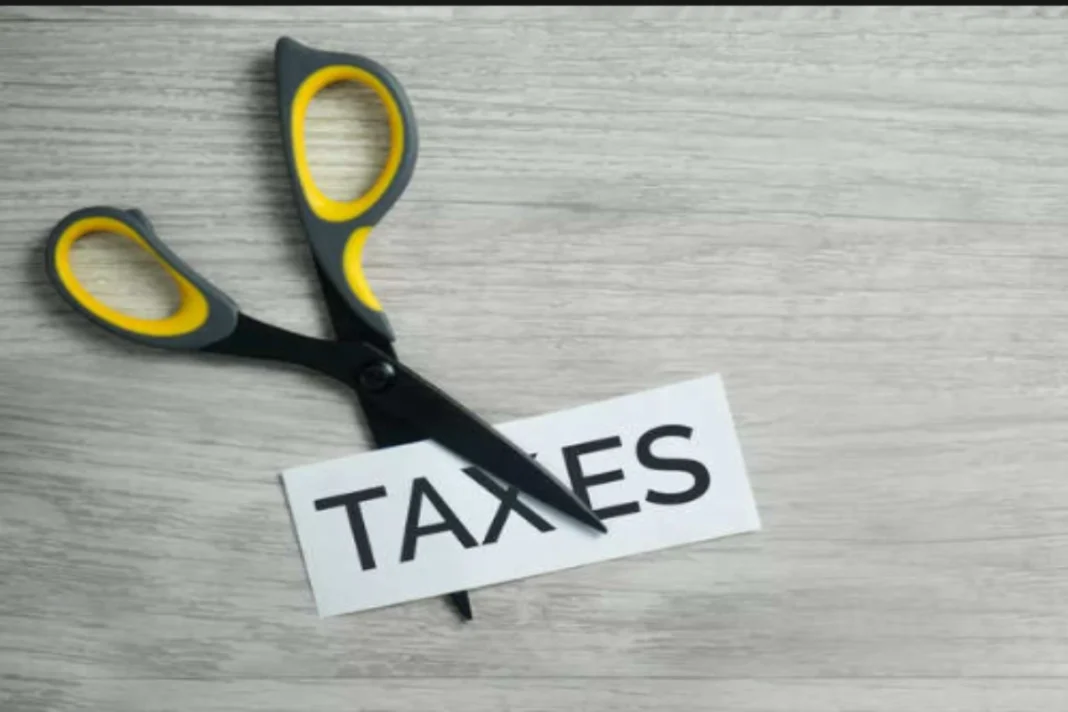Income Tax News: The government intended to guarantee that taxpayers earning a salary income of up to Rs 7.5 lakh pay zero tax in the financial year 2023–24 under the new system in an effort to make the new tax regime more enticing. Except in cases where specific deductions are taken advantage of, the new tax system continuously offers lower tax outgo than the previous one.
Determining Eligibility for Tax Regimes
A person’s eligibility for deductions determines whether they prefer the old or new tax regime, according to a report published in The Economic Times. In the previous tax system, popular deductions like the standard deduction, Section 80C, Section 80D, Section 24(b), and house rent allowance (HRA) were frequently utilised to lower tax obligations. Nonetheless, certain taxpayers and expenses are catered to by particular deductions.
Crucial Role of Deduction Amount in Tax Regime Choice
The amount of deduction that can be claimed is a crucial factor in determining whether to use the old or new tax regime. The minimum deduction for each income bracket between Rs 12 lakh and Rs 15 lakh is shown in a table. When a person’s overall deductions are equal to or greater than this threshold, the previous tax regime is more beneficial. Conversely, the new tax regime is more advantageous if deductions are lower than this cap.
DON'T MISS
Analysis of Individual Tax Scenario
According to the report, an individual earning Rs 14 lakh would require a minimum of Rs 3.75 lakh in total deductions to equal the tax liability of Rs 1.2 lakh under both the old and new regimes. Under the previous system, higher deductions, however, resulted in lower tax payments. In order to optimise tax savings, people ought to look into other avenues for obtaining larger deductions. A standard deduction of Rs 50,000, an HRA of Rs 2 lakh, an NPS investment of Rs 50,000 under Section 80CCD(1B), an advance of Rs 1.5 lakh under Section 80C, and an amount of Rs 50,000 on health insurance premiums under Section 80D are among the popular options. When these options are combined, there may be significant tax savings and even no tax due on a salary income of Rs 13.5 lakh.
Exploring Specialized Deductions for Comprehensive Tax Planning
In addition, certain deductions are available for particular investments and expenses. These include the interest on loans for affordable housing (Section 80EEA), loans for electric vehicles (Section 80EEB), loans for education (Section 80E), rent allowance for housing (Section 10(13A)), donations to exempt institutions (Section 80G), costs associated with treating particular diseases (Section 80DDB), and deductions for disabled individuals (Section 80U). With these choices, people could achieve a tax liability of zero under the previous tax system.
Keep watching our YouTube Channel ‘DNP INDIA’. Also, please subscribe and follow us on FACEBOOK, INSTAGRAM, and TWITTER.



